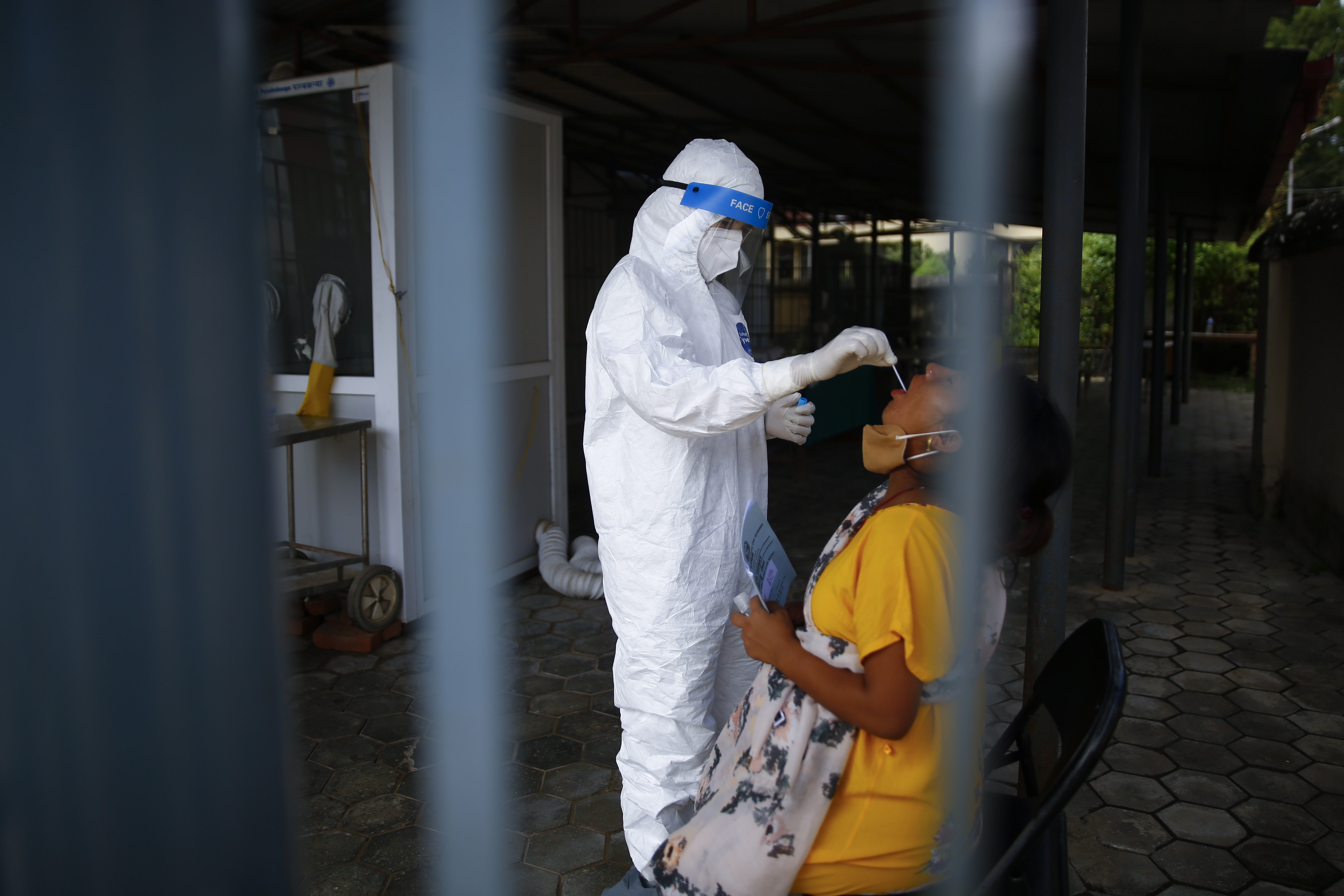COVID-19 tracing easier said than done
KATHMANDU, AUGUST 29
Tracing the people coming in contact with the coronavirus infected remains a challenge in the country as the number of contact tracing teams are far from adequate, particularly in metropolis, and because digital signals of persons coming in contact with COVID-19 infected people are not being used.
The government had recently decided to form 1,075 contact tracing teams across the country but all those teams have not been formed yet.
Director of Epidemiology and Disease Control Division Dr Basudev Pandey said currently there were only around 650 contact tracing teams across the country. He said there were only five contact tracing teams in Kathmandu metropolis and those teams were not adequate in the largest metropolitan city that was home to millions of people. He said some people were giving wrong names and telephone numbers due to fear of stigma, which had made the job of contact tracing difficult.
“We have some cases where a COVID-19 infected person gave his swab in Kathmandu and went back to Birgunj. When he reached Birgunj, his swab results came out positive. During this period the infected person went to multiple places thinking he was not positive,” Pandey said and added that people who gave swabs to laboratories needed to stay in home quarantine to avoid the risk of infecting other people.
Spokesperson for Kathmandu Metropolitan City Ishwar Man Dangol said COVID-19 infected people’s reluctance to give full details of persons they have come in contact with is hindering contact tracing. “We have come across people who have participated in gatherings and festivals with not only family members and friends but also neighbours and relatives, but they do not give us full details of those people,” Dangol added.
Assistant Spokesperson for the Ministry of Health and Population Dr Samir Kumar Adhikari said one contact tracing team comprised one coordinator with at least Bachelor’s degree in Public Health, one para-medic and one lab technician. He added that there was need to form contact tracing teams at ward levels as COVID-19 positive cases had continued to surge across the country.
“People tend to give importance to swab testing and thus some people happen to do unnecessary testing, but they do not understand that contact tracing is equally important to check the spread of the contagion,” Adhikari added.
Public health expert Dr Sujan Babu Marhatta said South Korea succeeded in checking the spread of COVID-19 mainly due to its ability to trace the contacts of COVID-19 patients using electronic signals, but Nepal was not using these signals to trace contacts.
He said the number of contact tracing teams were not enough and the main responsibility of contact tracing should be shouldered by the communities and local levels. “Even non-technical people can do contact tracing jobs if they are properly trained,” he said.
Dr Pandey said forming more teams and training contact tracers would require more resources.
A version of this article appears in e-paper on August 30, 2020, of The Himalayan Times.






